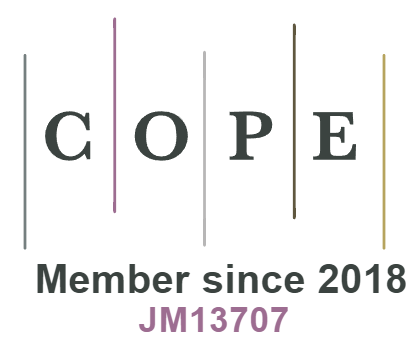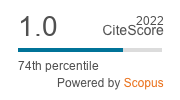Universality of Logic
DOI:
https://doi.org/10.18778/0138-0680.46.1.2.03Keywords:
universality, logica docents, logica utens, first-order logic, consequence operation, model, syntax, semantics, expressive powerAbstract
This paper deals with the problem of universality property of logic. At first, this property is analyzed in the context of first-order logic. Three senses of the universality property are distinguished: universal applicability, topical neutrality and validity (truth in all models). All theses senses can be proved to be justified. The fourth understanding, namely the amount of expressive power, is connected with the criticism of the first-order thesis: first-order logic is the logic. The categorical approach to logic is presented as associated with the last understanding of universality. The author concludes that two senses of universality should be sharply discriminated and defends the first-order thesis.
References
[1] J. Barwise, Model-Theoretic Logics: Background and Aims, [in:] J. Barwise, S. Feferman, (eds.), Model-Theoretic Logics, Springer, Berlin (1985), pp. 3–23.
Google Scholar
[2] J.-Y. Béziau, A. Costa-Leite (eds.), Perspective on Universal Logic, Polimetrica, Monza (2007).
Google Scholar
[3] C. C. Chang, H. J. Keisler, Model Theory North-Holland, Amsterdam (1977).
Google Scholar
[4] J. P. Cleave, A Study of Logics, Clarendon Press, Oxford (1991).
Google Scholar
[5] J. Czelakowski, Protoalgebraic Logic, Kluwer, Dordrecht (2001).
Google Scholar
[6] R. Diaconescu, Institution-Independent Model Theory, Birkhäuser, Basel (2008).
Google Scholar
[7] J. M. Font, Abstract Algebraic Logic An Introductory Textbook, College Publications, London (2016).
Google Scholar
[8] D. Gabbay, (ed.), What is a Logical System?, Clarendon Press, Oxford (1994).
Google Scholar
[9] R. Goldblatt, Topoi. The Categorical Analysis of Logic, North-Holland, Amsterdam (1979).
Google Scholar
[10] P. Halmos, S. Givant, Logic as Algebra, Mathematical Association of America, New York (1998).
Google Scholar
[11] A. Heyting, D. Monk, A. Tarski, Cylindric Algebras, Part I, North-Holland, Amsterdam (1971).
Google Scholar
[12] J. Lambek, P. J. Scott, Introduction to Higher Order Categorical Logic, Cambridge University Press, Cambridge (1986).
Google Scholar
[13] M. Makkai, G. E. Reyes, First Order Categorical Logic, Springer, Berlin (1977).
Google Scholar
[14] A. Rayo, G. Uzgquiano (ed.), Absolute Generality, Clarendon Press, Oxford (2006).
Google Scholar
[15] H. Rasiowa, R. Sikorski, The Mathematics of Metamathematics, PWN, Warszawa (1970).
Google Scholar
[16] A. Tarski, Logic, Semantics, Metamathematics, Clarendon Press, Oxford (1956).
Google Scholar
[17] J. Woleński, First-Order Logic: (Philosophical) Pro and Contra, [in:] V. Hendricks, F. Neuhaus, S. A. Pedersen, U. Scheffler, H. Wansing (eds.), First-Order Logic Revisited, λoγoς, Berlin (2004), pp. 369–399; reprinted [in:] J. Woleński, Essays on Logic and Its Applications in Philosophy, Peter Lang, Frankfurt am Main (2011), pp. 61–80.
Google Scholar
[18] J. Woleński, Constructivism and Metamathematics, [in:] A. Koslow, A. Buchsbaum (eds.), The Road to Universal Logic. Festschrift for 50th Birthday of Jean-Yves Béziau. Vol I, Birkhäuser, Basel (2015), pp. 513–520.
Google Scholar
[19] J. Woleński, Normativity of Logic, [in:] J. Stelmach, B. Brożek, L. Kwiatek (eds.), The Normative Mind, Copernicus Center, Kraków (2016), pp. 169–195.
Google Scholar
Downloads
Published
How to Cite
Issue
Section
License
Copyright (c) 2017 © Copyright by Authors, Łódź 2017; © Copyright for this edition by Uniwersytet Łódzki, Łódź 2017

This work is licensed under a Creative Commons Attribution-NonCommercial-NoDerivatives 4.0 International License.















